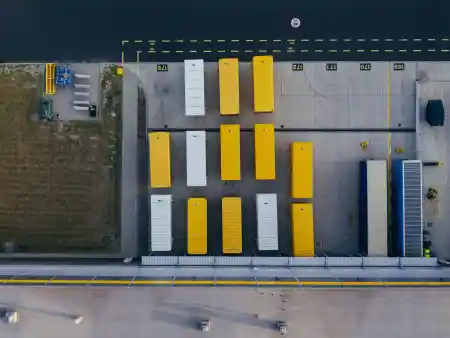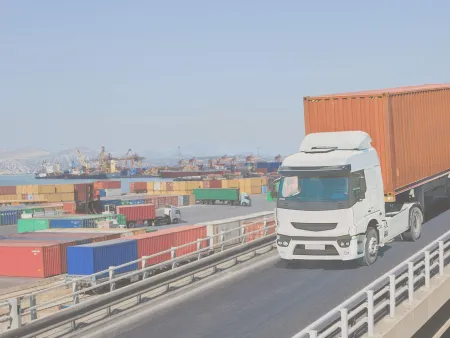Nowadays, Intermodal Marketing Companies (IMCs) are becoming increasingly crucial to supply chains because they allow shippers to take advantage of the many environmental and financial benefits of rail transport. If your company is looking for a good balance between service and cost, an intermodal approach may be for you. However, how do you know you’re working with the right IMC?
Both your immediate needs and your long-term goals must be considered while deciding. This article will discuss what to look for in an IMC.
What Is an Intermodal Marketing Company?
Let’s start by defining an IMC. Shippers can rely on the expertise of IMCs to provide them with various logistical options. To give their clients as many solutions as possible, they collaborate with other transportation companies, such as:
- Ocean carriers
- Railroads
- Trucking companies
Because of this, IMCs can provide intermodal transportation services at competitive rates. When shippers collaborate with an IMC, they have access to the most cost-effective modes of transport available for their products. This has the potential to reduce costs and speed up delivery times drastically.
Choosing the Best IMC
Selecting an IMC does not have to be intimidating. Here are a few factors you need to consider:
Quality of Service
One thing that sets an IMC apart is its customer service. Providing excellent customer service is often overlooked by some IMCs in favor of offering cheap costs to attract more customers.
Reviews from actual customers are the most reliable source of information when evaluating the quality of service an IMC provides. Create a list of IMCs, then search for or ask for customer reviews to learn more about the business’s approach to service. Examining personal interactions, the management of day activities, and the platforms for carrying out the loads and providing information to clients are all important aspects of the service side.
Customer Base
Find out if the IMCs you are considering prefer working with large, high-volume clients or if their service is more geared toward boutique, smaller shippers. Both serve a purpose, but they can’t meet every shipper’s requirements. Naturally, smaller IMCs are better at providing personalized service to their clients, but larger ones have a more established reputation and a wider range of resources to draw from.
Environmental Friendliness
IMCs are joining the ranks of other businesses implementing “go green” programs to lessen their environmental impact. If you work in the logistics industry, you’re probably already aware that intermodal rail is a great way to save money on fuel and reduce pollution. That’s why it’s important to consider environmental policies when deciding which IMC to use for your shipment.
The Bottomline
If you need a dependable and low-cost way to ship your products, you may want to consider teaming up with an IMC. Hopefully, this post has given you some food for thought about what to look for in an IMC.
As an independent agent of Landstar, Jansson can take advantage of many intermodal shipping options. Your intermodal shipment is in good hands with us; we take every precaution to assure its safety. Contact Jansson today for a quote on intermodal shipping or to learn more about our logistics and transportation services.




